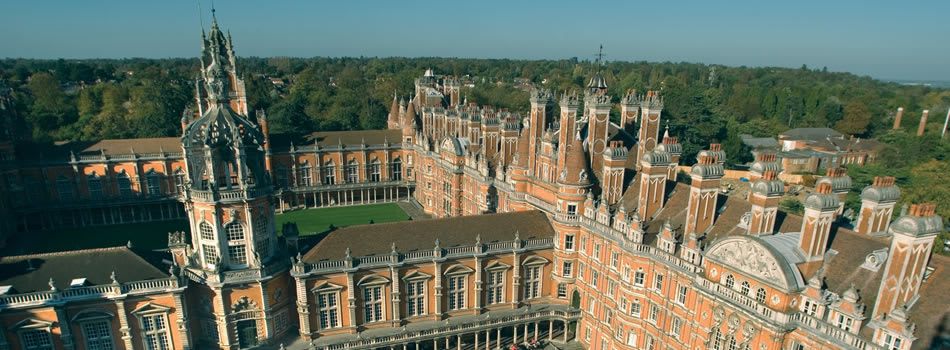The Centre for Particle Physics at Royal Holloway is offering a PhD opportunity on the T2K and DUNE long baseline neutrino oscillation experiments. Neutrinos are fundamental particles which are absurdly abundant, yet elusively shy. Neutrino oscillation is a phenomenon whereby neutrinos that were born as one of three flavours can be later detected as a different flavour. Long baseline oscillation experiments study neutrinos changing flavour between Near Detectors, placed close to a neutrino beam source, and gigantic, kiloton-scale Far Detectors, located hundreds of kilometres away. If neutrinos and antineutrinos are seen to oscillate differently, they would be Violating Charge-Parity symmetry (CPV). A significant enough source of CPV may in turn be able to explain why the visible universe is made almost entirely of matter and not antimatter. As a doctoral student at Royal Holloway, you would contribute to the current- and next-generation flagship searches for CPV in the oscillation of neutrinos on T2K and/or DUNE.
The Tokai-to-Kamioka (T2K) experiment is used to study neutrino oscillation over a 295 km baseline between J-PARC (an 80 minute express-train-ride north of Tokyo) and Super-Kamiokande, on the west coast of Japan. T2K has been making measurements for the last decade, and will continue to perform more sensitive searches with new data until around 2027. At Royal Holloway, Dr. Kaboth plays a central role in producing T2K's world-leading results, as a scientific leader in the near detector data analysis and the modelling of neutrino interactions in the detectors. T2K's latest result, featured as a cover article in Nature [580, p339-344], suggests that neutrino oscillation breaks CP symmetry, and thus might explain the observed matter-antimatter asymmetry in the universe. This result was listed as number 1 in Nature’s Ten Highlights from 2020.
The Deep Underground Neutrino Experiment (DUNE) is a next generation experiment in its design phase and is expected to begin taking data at the end of the decade. DUNE's main goal is to conclusively measure CPV in the oscillations of neutrinos and antineutrinos over a 1300 km baseline. It will do this with massive neutrino detectors filled with kilotons of Liquid Argon (LAr), the LArgest ever operated. This technology enables incredibly detailed 'pictures' of interacting neutrinos to be analysed and is central to DUNE's CPV sensitivity, but challenges need to be overcome in the design and the analysis of LAr detector data. Dr. Kaboth leads DUNE Data AcQuisition system development.
This studentship will offer you opportunities to build a broad range of skills working on one or both of these experiments that are highly sought-after both in the experimental particle physics field and in industry. Work on data analysis efforts will train statistical inference, modelling, and computer programming techniques. Additionally, there will be options to contribute to Machine Learning and Computer Vision aided LAr detector reconstruction, LAr detector DAQ design, and GPU-acceleration of statistical analysis. Strong communication skills will be developed through the presentation of results at collaboration phone meetings, in-person meetings, and international conferences. The studentship will also offer you opportunities to travel to J-PARC near Tokyo in Japan and/or Fermilab near Chicago in the US.
Find out more about Research degree (PhD) opportunities at Royal Holloway, University of London.
Applications for PhD degrees are via our Applicant Portal.

 Continue with Facebook
Continue with Facebook





